Question
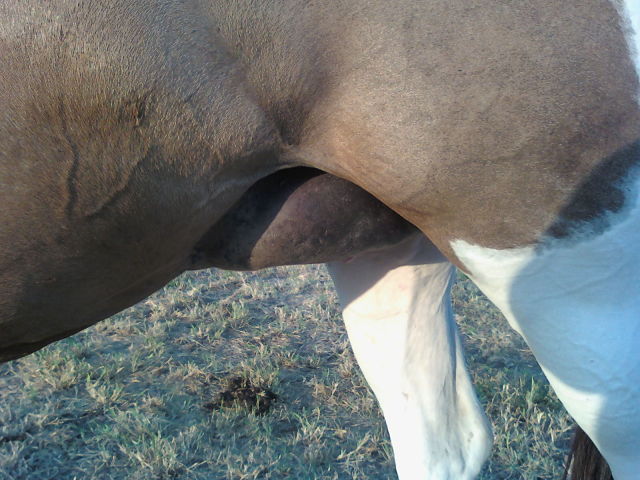 Blue
Blue
I have a 14 year old paint mare that just recently (about 6 months ago) began swelling in her teats.
We got her 2 years ago and she was in our 1 acre pasture for about a year until my neighbor offered to let us use his 12 acres until he sold his house. I never noticed any swelling in our pasture. Then 6 months ago, we began rotating her between the two pastures. She had been in our pasture about 7 days when my niece went to ride her and I noticed a huge swelling around her teats. (about the size of a 20 oz. bottled drink) We waited until the next day....thinking something may have bitten her. It just got bigger (about the size of a football). She could barely walk and she was lying down a lot and scratching her belly. We took her to the vet and he gave her bute and an antibiotic and said maybe something bit her and that the swelling would get worse before it got better and to do water therapy 3 times a day. We followed directions and everything seemed to work. Towards the end of the swelling, we moved her back to the neighbors. The swelling went away. We assumed she was better.... We left her over there for a month and then brought her back over. The next day, she was swelling again. So, we moved her back over. Everytime we bring her to our pasture, she begins swelling...some times it takes 7 days, sometimes just 1.
I haven't found any difference in their pasture and mine as far as grass and weeds. The only difference I have found is that we have an aerobic septic system and the sprinklers are in the pasture. Of course the grass is greenest around them and she eats there a lot. We have to put chlorine tablets in the system once a month or we get in trouble by the county...could the chlorine be the cause of her swelling?
She has also started getting hives every once in a while. She used to not, but the last 2 months she got them 3 times.
I don't know what more to do with her and the vet doesn't seem to care....
AnswerHi Amanda,
Thank you for your question. Undoubtedly, your mare is reacting to something in your field...but without seeing the field and your mare it may be hard for me to say what exactly. The one thing I can come up with, given your description of the situation, is that your horse is reacting to some sort of estrogenic mycotoxin in your field. Mycotoxins are a metabolite (by-product) of fungus that grows on plants...so it is possible for both fields to have exactly the same plants but one field has a minute fungus in it where the other one doesn't. Given that your field is associated with an aerobic septic system may be putting it at risk for fungus development. Take a close look at the stems of the plants...you would be looking for black discoloration of the stalk as an indicator of fungus (it won't look like some big growth but rather black or brown spots). The estrogenic mycotoxins will create that swelling in the udder that you are describing and can encourage hive development. If this is indeed the case, I don't have any suggestions on how to get rid of the fungus from your field...not to say that there isn't a way, it's just not my area of expertise. However, dietary mycotoxins can be bound to help eliminate the impact they have on the horse. You just need to decide if you want to continue to expose your horse to the mycotoxins. Estrogenic mycotoxins in large enough quantities will have an effect on reproductive performance in mares and can cause abortions...and they will raise havoc with the digestive process in the horse. All mycotoxins in high/continuous exposure can stress the horse's liver and in severe cases cause liver failure. So if this is indeed the case, that decision will be up to you. I would suggest you don't pasture in that field if that is at all feasible. If you have no alternative, try Alltech's LifeForce formula...it will help with the mycotoxins. The up side is that a short-lived exposure to mycotoxins is simply overcome with time as the mycotoxins clear from the system. I'm not sure that the chlorine would be the root of your problem, horses have a chlorine requirement and it's not toxic to them until quite a high level.
The hives may or may not be associated with the mycotoxins. If you need a good anti-histamine/anti-inflammatory for such cases, grape seed extract works great for hives. My favorite source for the grapeseed for horses is Basic Equine Nutrition (a Canadian company with some great products) and I believe you can order it from them directly.
I hope that helps. And if you can, let me know if you find anything on the plants.
Thanks, Corlena


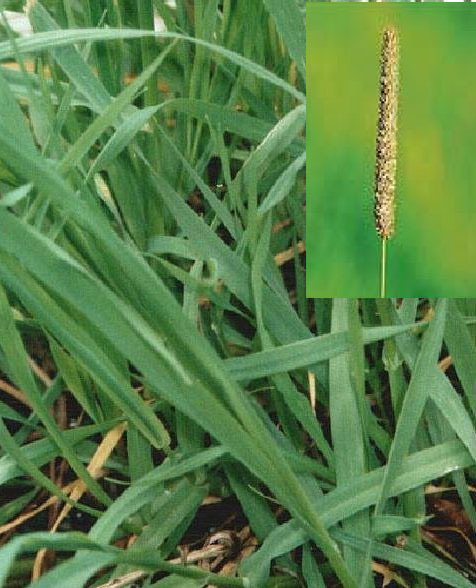 which breed fo grass is this one
Question
which breed fo grass i
hello, what breed of gr
which breed fo grass is this one
Question
which breed fo grass i
hello, what breed of gr
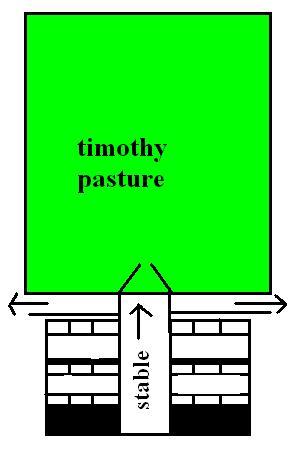 stables inside my pasture
Question
stables inside my past
hello maam, can i set l
stables inside my pasture
Question
stables inside my past
hello maam, can i set l
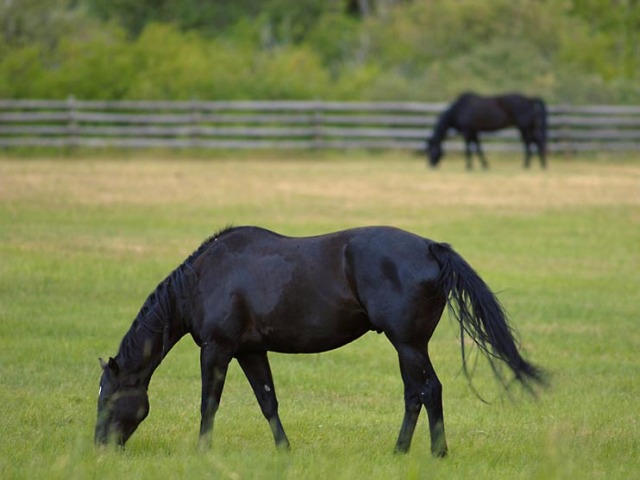 relaxing at poll
Questionrelaxing at poll
QUESTION: hello maam, d
relaxing at poll
Questionrelaxing at poll
QUESTION: hello maam, d
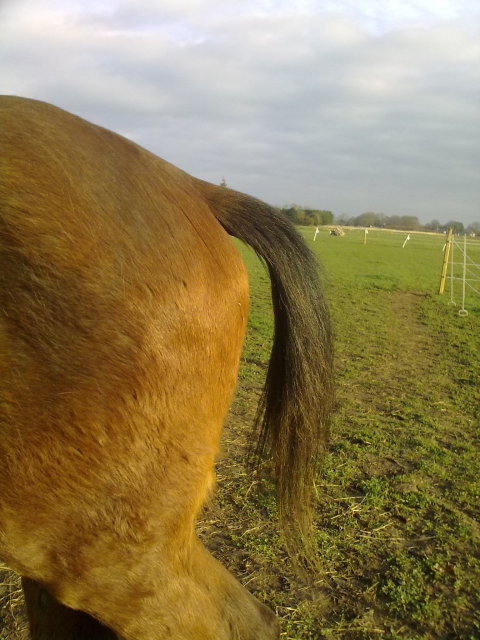 Horse Hair loss
Question
Tail
2 year old mare Appaloosa X shire
Horse Hair loss
Question
Tail
2 year old mare Appaloosa X shire
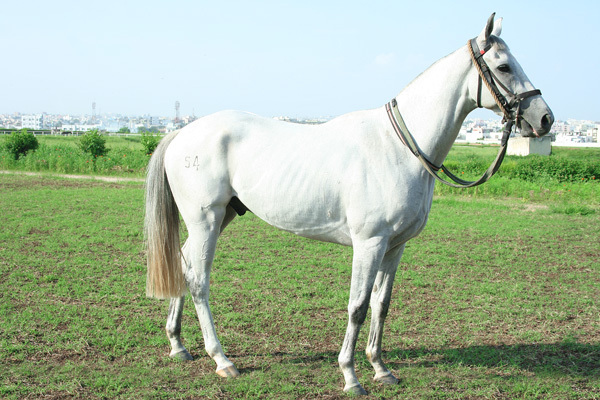 guessing the horse weight seeing it
Question
guess weight
hello maam. this is a thor
guessing the horse weight seeing it
Question
guess weight
hello maam. this is a thor